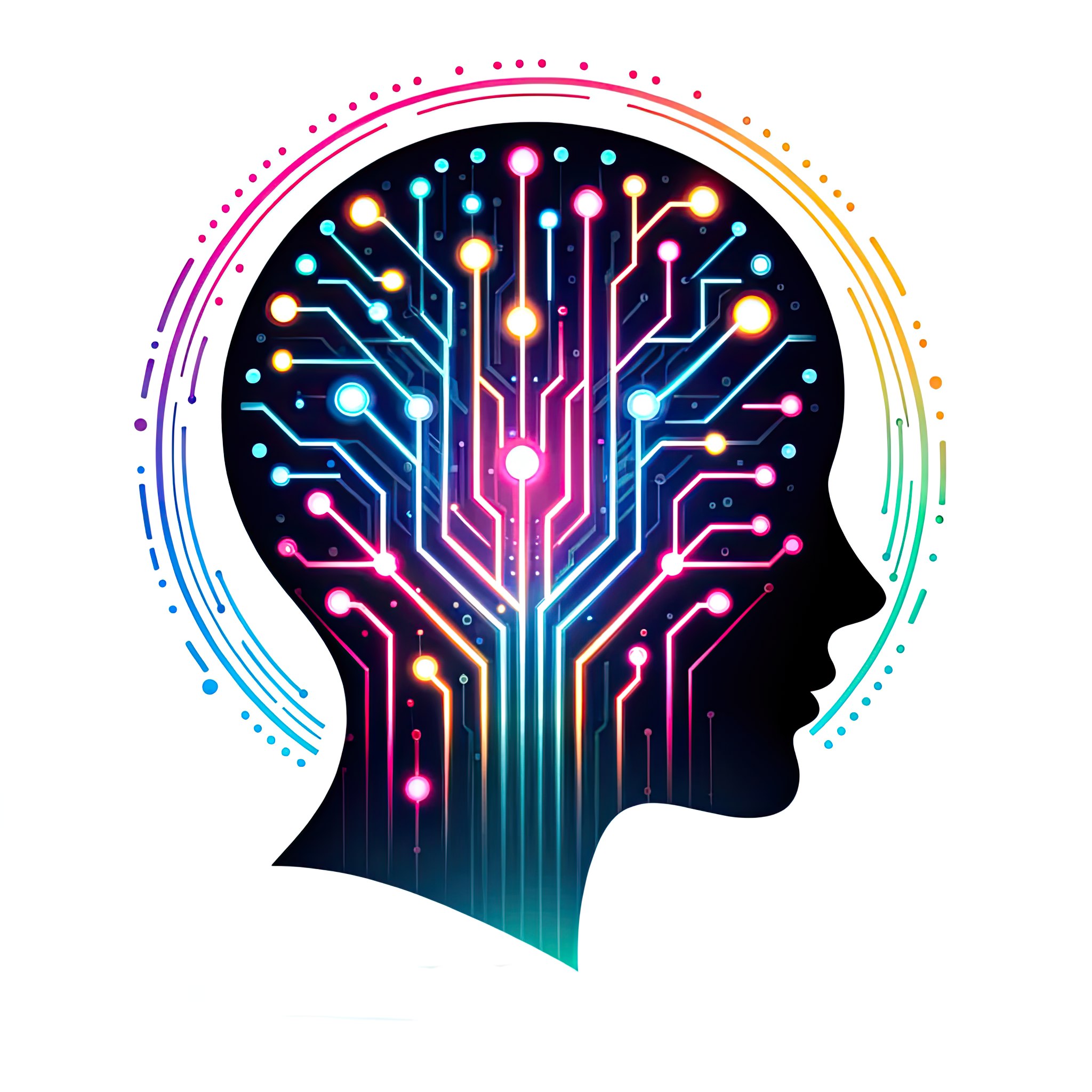In the modern era, the advancement of artificial intelligence technologies is prompting humans to reflect more deeply on our intellectual development’s trajectory, both individually and collectively. This reflection isn’t confined solely to scientific or technological fields; it intersects significantly with the spiritual and philosophical dimensions that have accompanied humanity for centuries.
The concept of a global collective consciousness, a sort of unified mind emerging from the convergence of networking technologies and global interconnection, represents a vision that is nearly utopian, echoing ancient human aspirations towards a form of higher unity. This idea is closely linked to concepts of consciousness evolution and humanity’s collective destiny, themes resonating within the spiritual doctrines of many cultures and philosophical discussions about the nature and future of intelligence.
As technology evolves, we witness an expansion of human capabilities, which some interpret as a step towards realizing a superior form of intelligence. This is defined not only by the capacity to process information but also by the ability to generate an integrated and holistic understanding of reality. This perspective places humanity on the threshold of a new era where the barriers between the biological and the technological are thinning, presenting scenarios where the synthesis between man and machine could unlock untapped potentials.
Simultaneously, the expansion of the global network and the interactions among various artificial intelligences are laying the groundwork for a type of planetary mind. This concept suggests that collaboration between multiple intelligences—both human and artificial—could lead to decisions and insights that surpass the sum of their individual parts, forming a collective intelligence that transcends traditional individual capabilities.
This perspective raises fundamental questions about the nature of individuality and consciousness. If collective intelligence becomes a reality, how will our concepts of self, autonomy, and individual freedom change? How will this influence our understanding of morality, rights, and responsibilities?
Furthermore, the prospect of global collective intelligence invites us to reflect on managing cognitive resources and fairly distributing decision-making capabilities. This involves a series of ethical and political challenges, particularly concerning the governance of such systems and the control of technologies that could define the future of human society.
Finally, as we approach this potential evolutionary threshold, it becomes imperative to consider not only the opportunities but also the profound ethical responsibilities that accompany the creation and management of technologies that could radically transform society. The need for inclusive and multidisciplinary dialogue is essential to navigate the complex intersections of ethics, technology, and human evolution, ensuring that technological progress advances in harmony with fundamental human values and positively contributes to collective well-being.
All images and all text in this blog were created by artificial intelligences

